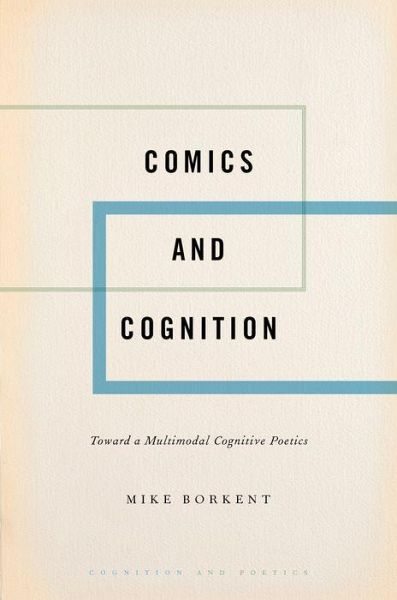
Comics and Cognition
Toward a Multimodal Cognitive Poetics
Versandkostenfrei!
Versandfertig in über 4 Wochen
103,99 €
inkl. MwSt.
Weitere Ausgaben:

PAYBACK Punkte
52 °P sammeln!
Using insights from cognitive science, Comics and Cognition provides a cohesive framework for understanding how readers make meaning out of the many features of comics, including images, language, and layouts, and in a range of styles from realistic to very abstract cues. Mike Borkent unpacks many unconscious patterns and processes that support the why's and how's of the textual experience, showing how perception, interaction, synthesis, and improvisation produce a dynamic interplay between the reader and the text creating a unique texture to readerly experience, including the development of d...
Using insights from cognitive science, Comics and Cognition provides a cohesive framework for understanding how readers make meaning out of the many features of comics, including images, language, and layouts, and in a range of styles from realistic to very abstract cues. Mike Borkent unpacks many unconscious patterns and processes that support the why's and how's of the textual experience, showing how perception, interaction, synthesis, and improvisation produce a dynamic interplay between the reader and the text creating a unique texture to readerly experience, including the development of different viewpoints, senses of time, and metacommentaries.













